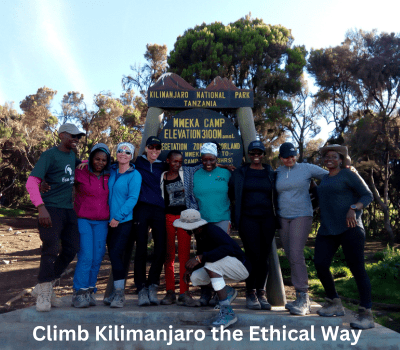Are There Any Risks Involved in Climbing Kilimanjaro Without a Guide?
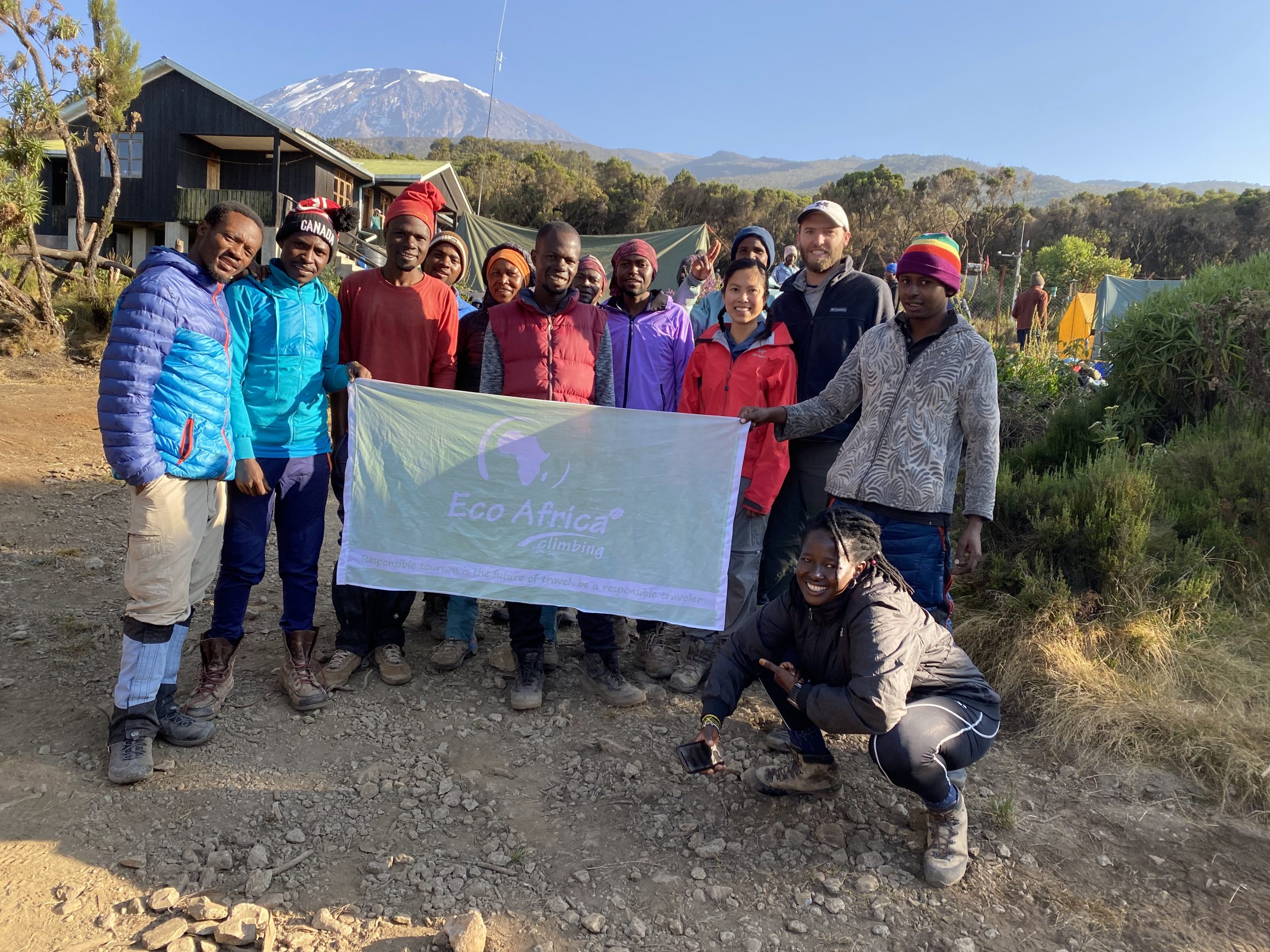
Climbing Mount Kilimanjaro is one of the most exhilarating and iconic adventures on earth — but should you attempt it without a guide? The short answer: no, you can’t — and you shouldn’t. Climbing Kilimanjaro without a guide is not just dangerous — it’s illegal, unethical, and puts both your safety and the local community at risk.
Whether you’re an experienced trekker or a bucket-lister, knowing the risks involved in trying to summit without professional support could be the difference between a triumphant adventure and a life-threatening situation. This article breaks down the physical, legal, environmental, and ethical risks of unguided climbs — and why climbing with a certified team like Eco-Africa Climbing is the only responsible choice.
Is It Legal to Climb Kilimanjaro Without a Guide?
No — It’s Illegal
As of 1991, the Tanzanian government made it a legal requirement for all climbers to be accompanied by a licensed guide and operate through a registered tour company. This applies to every route, including Machame, Lemosho, Marangu, and all others.
You cannot legally enter Kilimanjaro National Park without proof of registration through a licensed operator. Rangers at every gate check your paperwork and deny access to independent trekkers.
Attempting to climb without a guide can result in:
- Immediate removal from the park
- Fines or penalties
- Potential deportation
- Confiscation of gear
Bottom line: you must have a licensed guide to climb Kilimanjaro legally and safely.
Physical Risks of Unguided Climbing
Altitude Sickness and Emergency Response
At 5,895 meters (19,341 feet), Mount Kilimanjaro’s altitude poses real health threats. Altitude sickness — including AMS, HAPE, and HACE — can become fatal if not identified and treated early. Without a trained guide monitoring your oxygen levels and vitals daily, you may not recognize symptoms until it’s too late.
With Eco-Africa Climbing, your guide performs twice-daily pulse oximeter checks, monitors for signs of illness, and carries emergency oxygen — all standard on every climb.
Navigation Risks
While Kilimanjaro trails are somewhat marked, visibility can drop to zero during fog, rain, or snow. Solo climbers without GPS or route experience can easily become disoriented — especially during summit night, which begins at midnight and can last 6–8 hours in freezing temperatures.
Our guides know every turn of every route — helping you avoid fatigue shortcuts or high-risk detours. Solo navigation isn’t just inefficient — it’s downright dangerous on Africa’s tallest peak.
Environmental and Ethical Consequences
Increased Environmental Damage
Unguided climbers are more likely to stray off trail, leave waste, or disrupt natural ecosystems. Licensed operators like Eco-Africa Climbing follow KPAP and Leave No Trace Tanzania standards — ensuring all waste is packed out and minimal footprint is left on Kilimanjaro.
Solo climbers without training or ethical oversight pose a higher risk to the fragile alpine and rainforest zones of the mountain.
Exploitation of Unlicensed Porters
Hiring “under the table” local help might seem like a way to save money, but it often leads to the exploitation of porters who are underpaid, overworked, and unequipped. Supporting ethical operators ensures workers receive fair wages, gear, food, and insurance.
At Eco-Africa Climbing, we strictly follow KPAP guidelines and ensure full compliance for every team member. You can see exactly how we operate on our About Us page.
Safety Equipment and Medical Preparedness
Why Guides Carry Life-Saving Gear
One of the most underestimated risks of climbing Kilimanjaro without a guide is the lack of access to emergency equipment. Certified guides with Eco-Africa Climbing always carry:
- Pulse oximeters (to monitor blood oxygen levels)
- Portable emergency oxygen tanks
- First-aid kits
- Radios or satellite phones for communication
- Detailed evacuation procedures
Without this gear, solo climbers risk suffering untreated altitude sickness, dehydration, or hypothermia — all of which can escalate quickly in remote, high-elevation environments. On Kilimanjaro, minutes matter.
Rescue and Evacuation Challenges
In case of emergency, a guide coordinates with rescue teams to organize helicopter evacuation or porter-assisted descent. Solo climbers can’t access these services quickly — and that delay can be deadly.
At Eco-Africa Climbing, our staff is trained in Wilderness First Response (WFR) and certified in high-altitude emergencies. We know how to act fast, and we’ve done it before — saving lives when every second counts.
Legal Risks of Unguided Treks
Fines, Arrests, and Deportation
Attempting to climb Kilimanjaro without a licensed guide is considered a serious offense by Tanzanian authorities. Park rangers are stationed at every entry gate and on major trails — and they will verify your booking paperwork, licensed company, and certified guide ID.
Penalties for breaking the law include:
- Immediate removal from Kilimanjaro National Park
- Fines of up to $500–$1,000
- Possible blacklisting from future Tanzanian visas
- Arrest and court prosecution in extreme cases
The risks are real — and not worth taking. Always climb with a certified operator like Eco-Africa Climbing who handles permits, guides, and park clearances legally and ethically.
Psychological and Mental Strain of Solo Climbing
The Summit Is Mentally Tough — Even for Experts
Summit night on Kilimanjaro is no joke. You’ll start hiking around midnight, in near-freezing temperatures, pitch black terrain, and steep switchbacks. Altitude sickness, exhaustion, and mental fatigue can feel overwhelming — especially when you’re alone.
Without a guide to pace you, motivate you, or assess your condition, climbers are more likely to give up or put themselves at unnecessary risk. Our guides at Eco-Africa Climbing act as both coaches and safety officers — checking in constantly, adjusting speed, and encouraging you through the hardest hours of the climb.
No Backup, No Support
Guides also help with logistics you don’t see — setting up tents, purifying water, preparing meals, coordinating porters, and handling emergencies. Going without this support adds immense psychological pressure and reduces your ability to focus on your health and summit strategy.
Having a trusted team behind you isn’t luxury — it’s essential. A guide turns fear into focus and keeps you safe when your mind and body are at their limit.
Ethical and Community Impact of Guided Climbs
Why Hiring a Guide Supports Tanzania
Choosing a guided climb supports Tanzania’s local economy and ensures fair employment. At Eco-Africa Climbing, we’re a 100% Tanzanian-owned company employing local guides, porters, and chefs who depend on tourism to support their families.
We’re proud members of the Kilimanjaro Porters Assistance Project (KPAP), and our climbs are independently monitored to verify that all crew members are paid fairly, treated respectfully, and provided proper gear and food.
Case Studies: What Can Go Wrong Without a Guide?
Example 1: Altitude Emergency Without Support
In 2018, a European hiker attempted to summit Kilimanjaro via the Machame Route with minimal local help from cheap operator. He suffered symptoms of HAPE (High Altitude Pulmonary Edema) at Barafu Camp but delayed descent due to poor decision-making. He was found semi-conscious by another group the next morning and had to be carried down by rangers. Had a certified guide been monitoring his condition, immediate descent and oxygen therapy would likely have prevented the crisis.
Example 2: Lost on the Trail
Another trekker in 2022 veered off trail during summit night on the Northern Circuit due to poor visibility as he was going alone out of the group without knowledge of the terrain, he wandered off for several hours. The mountain crew had to search through the alpine zone at night, risking their own safety. While he was eventually found, he suffered severe cold exposure and frostbite — an outcome easily preventable with a guide.
Example 3: Environmental Violation
A climber without a certified operator was caught leaving waste and straying from marked trails near the Shira Plateau. This violation led to a permanent ban from Tanzanian national parks. Guides trained in Leave No Trace ethics ensure climbers respect the environment and protect Kilimanjaro’s fragile ecosystems.
Alternatives for Solo Travelers Who Want Independence
Private Guided Climbs
If you’re looking for solitude and a personal challenge, the best alternative is a private guided trek. At Eco-Africa Climbing, we offer fully private expeditions where it’s just you, your guide, and your crew. This offers the flexibility, pace, and reflection of a solo trip — but with the safety and legality of a licensed operation.
Your guide adjusts to your rhythm, and the entire experience is tailored to your style — from meals to summit pace.
Join a Group as a Solo Traveler
Want the benefits of shared costs without sacrificing safety? Our Join a Group option allows you to climb with other adventurers, each with their own tent and personal attention — while still enjoying community, camaraderie, and reduced pricing.
This is ideal for those traveling solo but seeking support and encouragement along the way.
How to Legally and Safely Book a Guided Climb
Choose a Registered Tour Operator
Only book with a licensed Kilimanjaro operator registered with Tanzania National Parks Authority (TANAPA) and the Kilimanjaro National Park (KINAPA). At Eco-Africa Climbing, we are fully certified and listed with the Tanzania Association of Tour Operators (TATO).
Verify KPAP Partnership
We are also proud partners of the Kilimanjaro Porters Assistance Project (KPAP). Our climbs are audited for compliance with fair labor practices, ethical crew treatment, and environmental responsibility. When you see the KPAP badge, you know your money is supporting a responsible, transparent operation.
Transparent Pricing, No Hidden Fees
Beware of budget operators who quote suspiciously low prices — they often skip safety equipment, underpay porters, and cut corners. We publish transparent rates that include:
- Certified guides and full crew
- Mountain tents and toilet tents
- Three hot meals per day
- Medical equipment and rescue access
- All park and camping fees
You get what you pay for — and we guarantee you get the best.
Conclusion
So, are there any risks in climbing Kilimanjaro without a guide? Absolutely — and they’re not just minor inconveniences. Climbing unguided is illegal, dangerous, ethically problematic, and ultimately a disservice to your experience. From altitude emergencies and navigation hazards to legal trouble and environmental damage, the risks far outweigh any perceived reward.
But that doesn’t mean you have to sacrifice independence or adventure. At Eco-Africa Climbing, we offer ethical, legal, and highly personalized climbs that give you freedom, safety, and support — whether you’re traveling solo, with friends, or joining a group.
Don’t take chances. Climb smart, climb safe, and let our experienced team help you reach the Roof of Africa with confidence.
FAQs
Can I climb Kilimanjaro without a guide if I’m experienced?
No. Tanzanian law requires all climbers to be accompanied by a licensed guide, regardless of experience level. There are no exceptions for professionals or frequent trekkers.
What happens if I try to climb without a guide?
You’ll be denied entry at the gate or removed from the park by rangers. You may also face fines or legal action.
Can I hire a local independently to act as a guide?
No. Only licensed tour companies like Eco-Africa Climbing can legally operate in the park. “Unofficial” guides cannot register climbs, secure permits, or guarantee safety.
Is a guided climb really safer?
Yes. Guides carry medical gear, know the routes, monitor your health, coordinate evacuations, and manage emergencies — all of which are critical at high altitude.
What’s the best way to book a safe and ethical Kilimanjaro climb?
Visit our Booking Request page or contact us directly. We’ll build a personalized itinerary with a certified guide and full support crew.
Share:
Related Posts
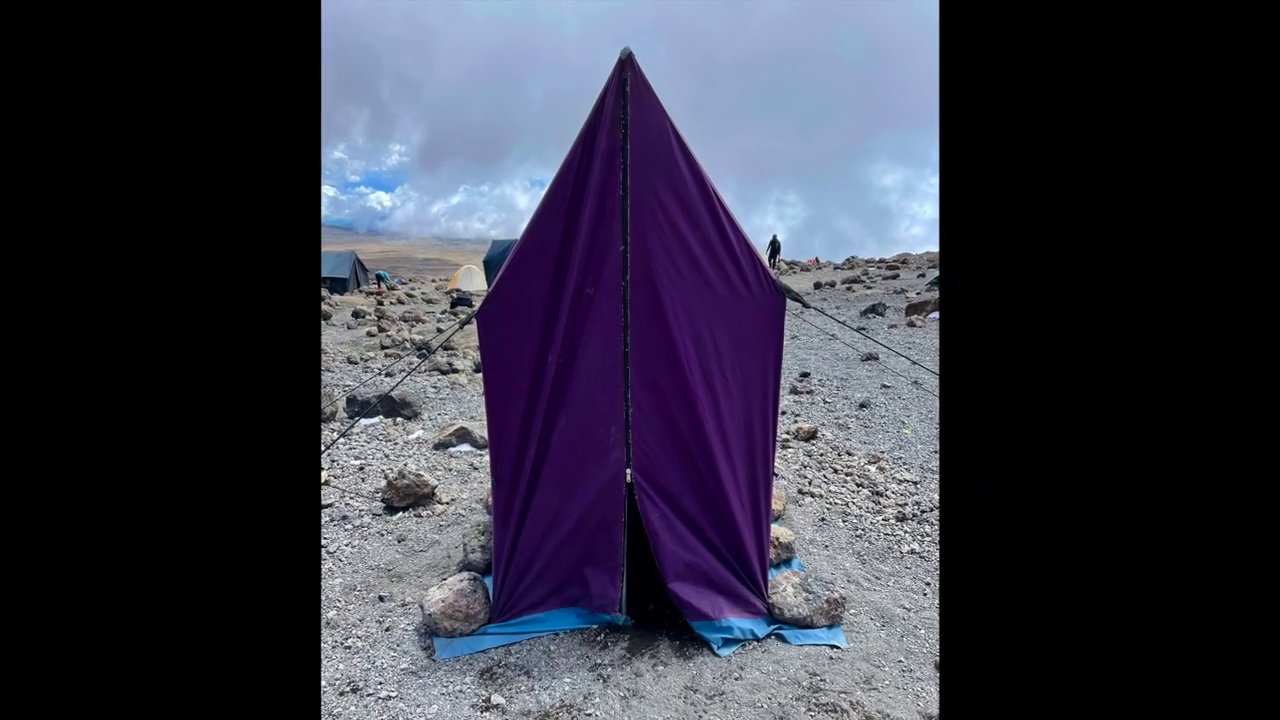
bathroom on mountain kilimanjaro
Bathroom on Mountain Kilimanjaro: What to Expect and How to Prepare Introduction One of the most common — and least discussed — questions from people
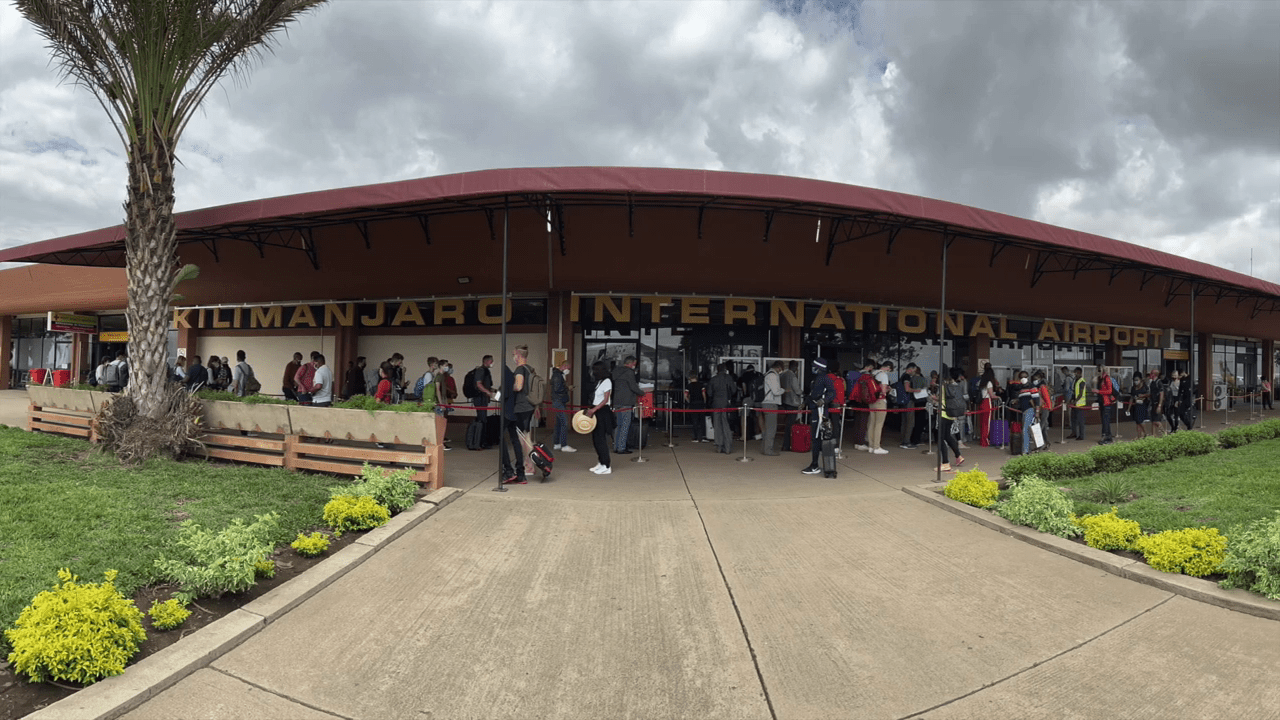
Are Guides Readily Available in Tanzania Without Prior Booking?
Are Guides Readily Available in Tanzania Without Prior Booking? Introduction: Should You Risk Climbing Without Pre-Booking? Climbing Mount Kilimanjaro is a dream for many adventurers.
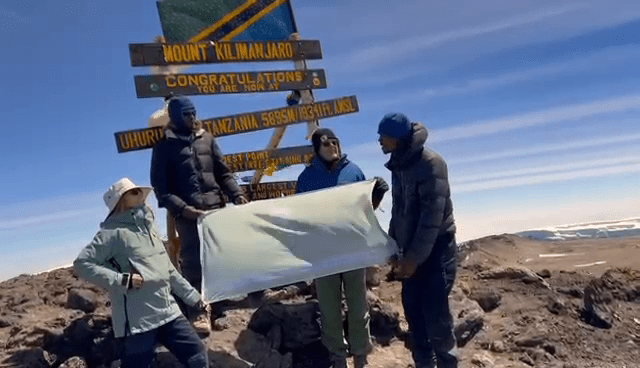
How Can I Find a Reliable Local Guide for My Kilimanjaro Expedition?
How Can I Find a Reliable Local Guide for My Kilimanjaro Expedition? Introduction: Why the Right Guide Is Key to Kilimanjaro Success Climbing Mount Kilimanjaro
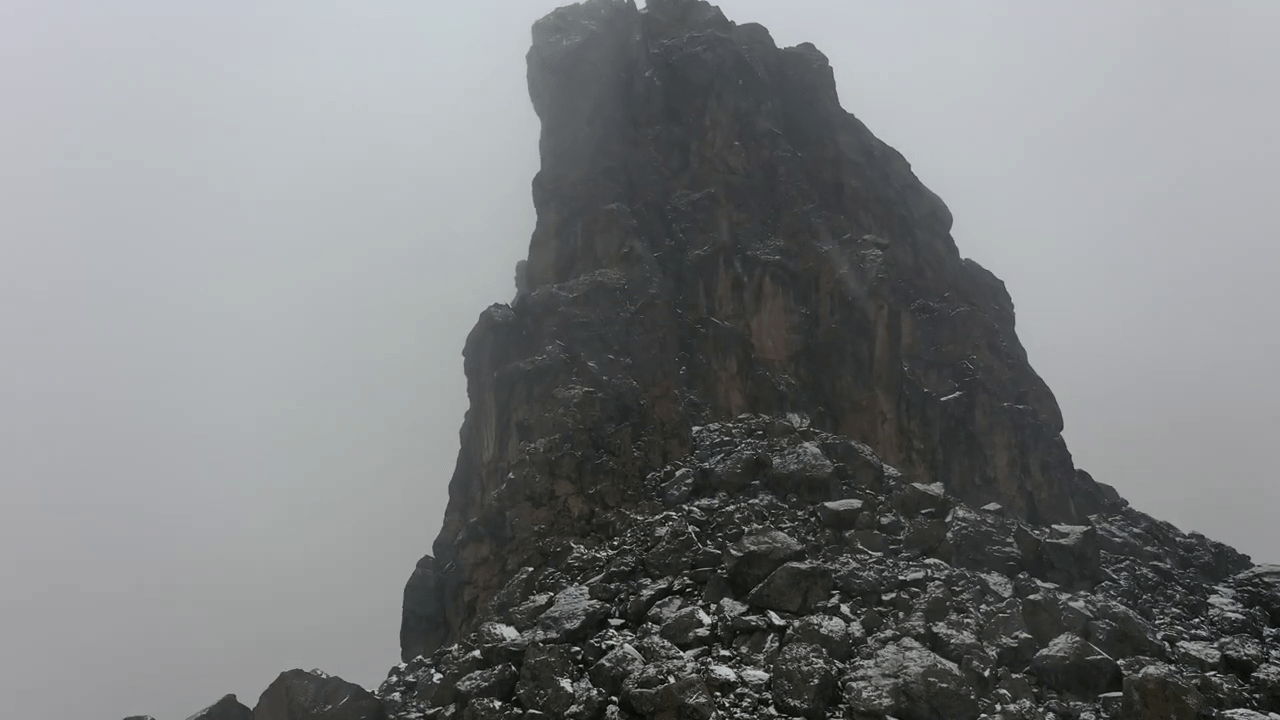
Is Climbing Kilimanjaro Dangerous for Individuals Without Mountaineering Experience?
Is Climbing Kilimanjaro Dangerous for Individuals Without Mountaineering Experience? Introduction: The Myth of Danger and Experience Many aspiring adventurers wonder if climbing Mount Kilimanjaro is
